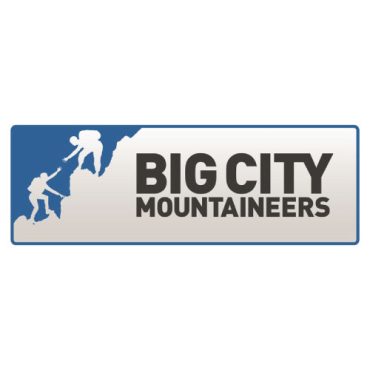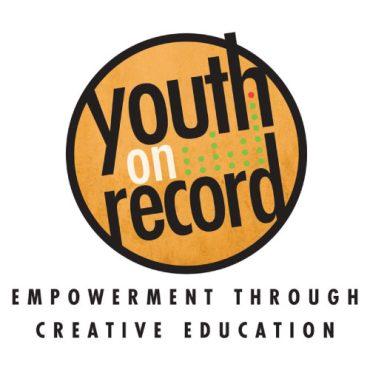A US company is proposing to build a second gold mine in the highlands of Cajamarca, Peru a project that has caused much division and conflict in the region. KGNU has been documenting cases of mining protesters in Cajamarca that have been subject to intimidation and harassment at the hands of both private and national security forces. On March 18,2014, campesino communities from the towns of Celendin, and Bambamarca filed an appeal with the Interamerican Commission on Human Rights regarding the forced displacement of community members from the areas near the proposed mine. Over 80 human rights, indigenous rights, labor rights, and faith-based organizations signed on to a statement in solidarity with the appeal. The signatories included labor rights such as Industrial, Global Union Federation, and United Steel Workers; environmental groups such as Earth Rights International, Earthworks, and Amazon Watch; and faith-based groups such as Sisters of Mercy, and Maryknoll Sisters. The letter urged the Peruvian government to promote peaceful solutions to social conflict, include dialogue with communities, and guarantee an end to persecution and harassment of environment and human rights defenders.
The letter also calls on Newmont Mining Corporation to ensure that protesters are not subject to intimidation and violence and not to proceed with any aspect of the project without first obtaining the free and informed consent of affected communities.
KGNU has brought you coverage from Peru where campesina farmer Maxima Chaupe has been fighting the mine for four years now, and just in February suffered a violent attack allegedly by Newmont’s security guards who destroyed a part of her house.
In March, a federal judge in Denver ordered Newmont to turn over documents related to another violent response to protesters of the mine. Earth Rights International reported to KGNU today that Newmont complied with the court order and turned over 1600 pages of documents to them this week. In that case Earth Rights International located in Washington, DC filed a request in 2014 on behalf of Elmer Eduardo Campos Alvarez, a 33-year-old Peruvian farmer. Mr. Campos was paralyzed from the waist down after he was shot in the back on November 29, 2011 while he was peacefully protesting near the mine.
Former Peruvian President Alejandro Toledo was in Denver on April 10, 2015 to speak at a symposium titled: Sovereign and Sacred, Indigenous Rights and Environmental Justice held at the Center for Rights Development at the University of Denver. During his presentation, he spoke little about indigenous rights to clean water and the right to their land and also did not mention the right to prior and informed consent. He did say that Peru prioritizes investment, “[Mining] is not incongruent, having extractive industry because we need it.”
-
 play_arrow
play_arrow
Former President of Peru Dodges KGNU Question About Newmont and School of the Americas, Again: Newmont Turns Over Documents After Court Order Early Morning News
In 2010 KGNU first spoke to President Toledo regarding reported human rights abuses in his country, but he did not respond directly to questioning. After the April 10, 2015 presentation during which an attempt to interview him was made again, Toledo’s guards who saw a microphone pushed one KGNU reporter away from Toledo even though the audience was invited to ask questions after his speech. Another KGNU reporter though was able to approach him from a different angle. Toledo was asked to comment on the recent repression against campesina farmer Maxima Chaupe, Newmont Mining Corporation and the connection between the repression by Peruvian soldiers and their training at the School of the Americas (SOA)/Western Hemispheric Institute for Security Cooperation (WHINSEC).
Marissa Vahlsing is staff attorney with Earth Rights International who represents on behalf of the farmer Campos Alvarez. She talked to KGNU last month about his case that was filed in 2014 in Denver.
“The case was brought under a federal statute which we call the foreign legal assistance act. This allows a foreign litigant or someone in another country to ask a federal court for access to documents or testimony from a person or a company that is found in the United States for use in a foreign proceeding. It’s the first time that this has been used against a company seeking justice from what the litigant (Mr. Campos), he’s using this to seek justice against a corporation. In the past this statute has been used by corporations. Chevron was using the same statute to seek information about the status of the scientists in the Chevron/Ecuador case. This is one of the first times it’s been used by a victim of gross human rights violations to seek justice against the company. Mr. Campos does have a civil and criminal case in Peruvian court and those cases are looking at the culpability of the Peruvian National Police, and also investigating whether there was any culpability on the part of the mining company.
Mr. Campos along with others was protesting the new Conga mine which is a mine proposed by Newmont and also has financing from the International Finance Corporation. The proposed Conga mine is highly controversial. It’s very nearby the Yanacocha mine which is one of the largest gold mines in the world. The communities near the mine have been protesting the project for years now. They’re saying is ‘Water Yes! Gold No!’ They say this because the terms of the proposal at this point would require the removal of a number of lagoons which the community depend on for their water and form a part of their critical watershed. These lagoons are proposed to be totally obliterated and then rebuilt to accommodate the mine. So a number of campesino farmers were protesting on that day.
He was protesting that day and as he was walking away from the site, he was shot in the back and is now a paraplegic.
We’re hoping that [Newmont] will do the right thing here and give over documents that might be critical to Mr. Campos’ case so he can find out what went on that day: What orders if any came from the mining site, from the mine staff, who was working for whom, and the agreement between the mine and the police to act a certain way when protest activity takes place, and just trying to shed light on that day and set truth to what happened and provide a form of justice for Mr. Campos.
This is very far away in Peru but very close to home because of Newmont.”
-
 play_arrow
play_arrow
Former President of Peru Dodges KGNU Question About Newmont and School of the Americas, Again: Newmont Turns Over Documents After Court Order Early Morning News
Podcast: Play in new window | Download


















